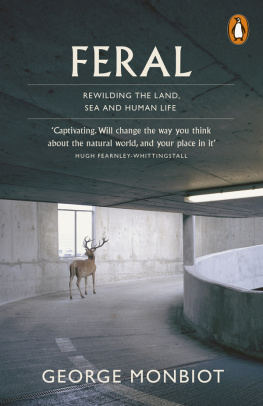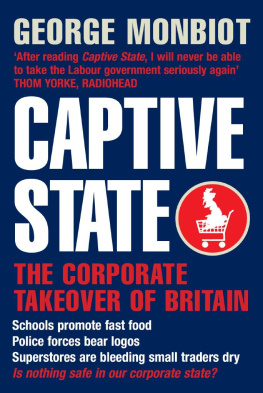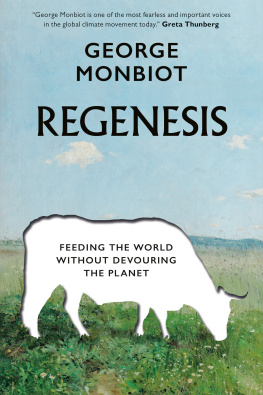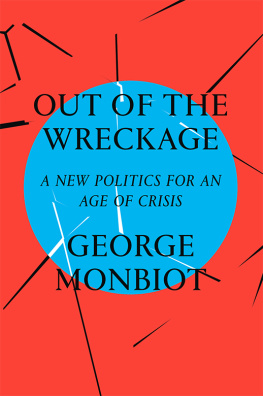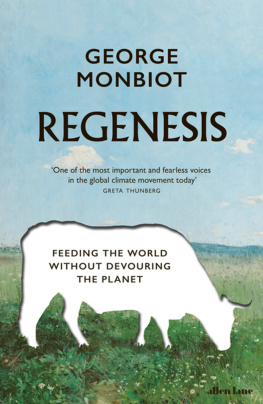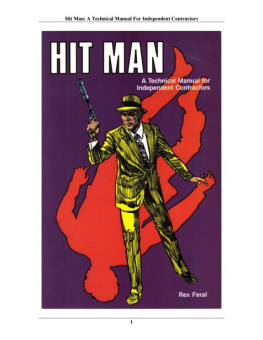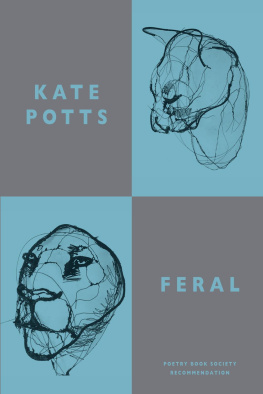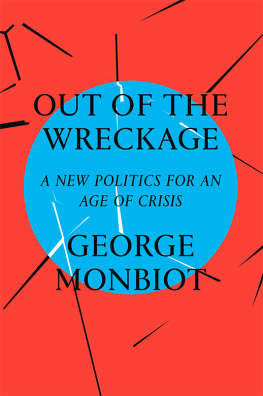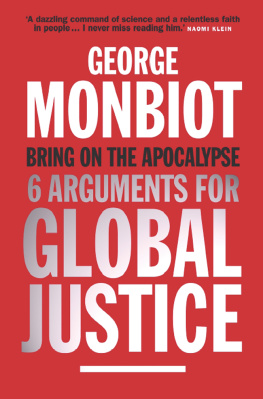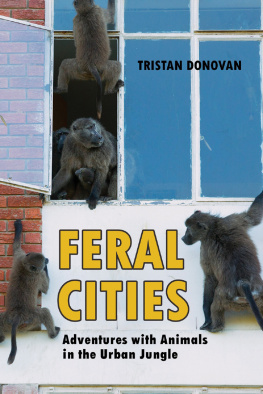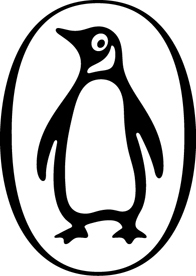Acknowledgements
More than any other book I have written, Feral is a collaborative effort. While the words (except those quoted) are mine, and I have spent three years researching, writing and revising it, the ideas, structure and progress of this book have been developed with the help of many people, some of whom have given the project a great deal of their time and energy. I could not have written it without them.
I am very grateful to Helen Conford, Ketty Hughes, Antony Harwood, James Macdonald Lockhart, Ritchie Tassell, Alan Watson Featherstone, Clive Hambler, Mark Fisher, Miles King, Dafydd Morris-Jones, Delyth Morris-Jones, Paul Kingsnorth, Toma Hartmann, Jernej Stritih, Jony Easterby, Nick Garrison, Simon Fairlie, Morgan Parry, Peter Taylor, Bruce Heagerty, Jay Griffiths, Ralph Collard, Hannah Scrase, Michael Disney, Mick Green, Mark Lynas, Maria Padget, George Marshall, Annie Levy, Caitlin Shepherd, Estelle Bailey, Tammi Dallaston, Sharon Girardi, Mike Thrussell, Jean-Luc Solandt, Andy Warren, Jonathan Spencer, Jamie Lorimer, Adam Thorogood, David Hetherington, Paul Rose, Tobi Kellner, Steve Carver, Sophie Wynne-Jones, Ray Woods, Simon Drew, Miriam Quick, Leigh Caldwell, John Boardman, Meic Llewellyn, Guillaume Chapron, Staffan Widstrand, Kristjan Kaljund, Geoff Hill, Tom Edwards, Steve Forden, Paul Jepson, Joss Garman, Ann West, Clive Faulkner, Rod Aspinall, Liz Fleming-Williams, Grant Rowe, Ruth Davis, Elin Jones, Cath Midgley, Nick Fenwick, John Fish and Gary Momber.
The mistakes this book doubtless contains are all my own work.
I have changed the names of some of the places in mid-Wales in order to protect the wildlife I discuss from commercial exploitation. If you find yourself in the area and ask Welsh speakers how to find the places I have mentioned, you are likely to be met with some very odd looks.
In the descriptive passages I have tended to use imperial measurements. When discussing scientific findings I have reverted to the metric system.
1
Raucous Summer
I will arise and go now, for always night and day
I hear lake water lapping with low sounds by the shore;
While I stand on the roadway, or on the pavements grey,
I hear it in the deep hearts core
William Butler Yeats
The Lake Isle of Innisfree
Every time I lifted off a turf, the same thing appeared: a white comma, curled in the roots of the grass. I picked one up. It had a small ginger head and tiny legs. Its skin was stretched so tight that it seemed about to burst at the segments. In the tail I could see the indigo streak of its digestive tract. I guessed that it was the larva of a cockchafer, a bronze-backed beetle that swarms in early summer. I watched it twitching for a moment, then I put it in my mouth.
As soon as it broke on my tongue, two sensations hit me like bullets. The first was the taste. It was sweet, creamy, faintly smoky, like alpine butter. The second was the memory. I knew immediately why I had guessed it was good to eat. I stood in my garden, sleet drilling into the back of my neck, remembering.
It had taken me a moment, when I woke, to realize where I was. Above my head a blue tarpaulin rippled and snapped in the breeze. I could hear the pumps working, so I must have overslept. I swung my legs over the edge of the hammock and sat blinking in the bright light, gazing across the devastated land. The men were already up to their waists in water, spraying the gravel banks with high-pressure hoses. There had been some shootings in the night, but I could not see any bodies.
The images of the past few weeks crowded my mind. I remembered Z, the serial killer who owned the airstrip at Macaro, taking his gunmen into the bar to liven things up, and the man who had been carried out with a hole the size of an apple in his chest. I thought of Joo, a mestizo from the north-east of Brazil, who had spent ten years crossing the Amazon on foot, walking as far as the mines in Peru and Bolivia, before cutting through the forests for another 2,000 miles to come here. I have killed only three men in my life, he told me, and all the deaths were necessary. But I would kill that many again if I stayed here for a month.
I recalled the man who had shown me the strange swelling on his calf. When I looked closely I saw that the flesh was writhing with long yellow maggots. I remembered the Professor, with his neat black beard, gold-rimmed spectacles and intense, ascetic manner, the cynical genius who managed the biggest claim for its scarcely literate owner. Before he came here he had, he said, been Director of the University of Rondnia.
But above all I thought of the man the other miners called Papillon. Blond, muscular, with an Asterix moustache, he towered over the small dark people who had been driven here by poverty and land-theft. He was one of the few, barring the bosses, the traders, the pimps and the owners of the airstrips, who had come to this hell through choice. Before he joined the goldrush the Frenchman had worked as an agricultural technician in the south of Brazil. Now, having found nothing, he was trapped in the forests of Roraima hundreds of miles from the nearest town, as destitute as the others. Here was a man who had leapt over the edge, who had abandoned comfort and certainty for a life of violent insecurity. His chances of coming out alive, solvent and healthy were slight. But I was not convinced that he had made the wrong choice.

